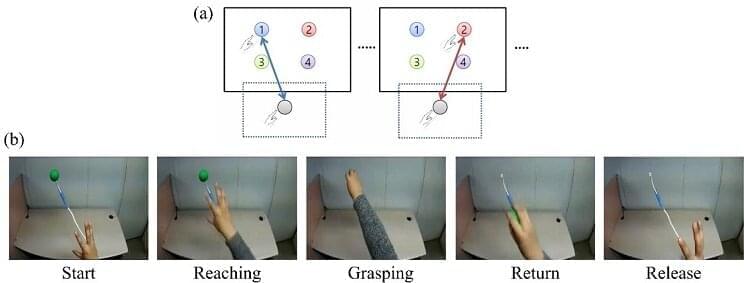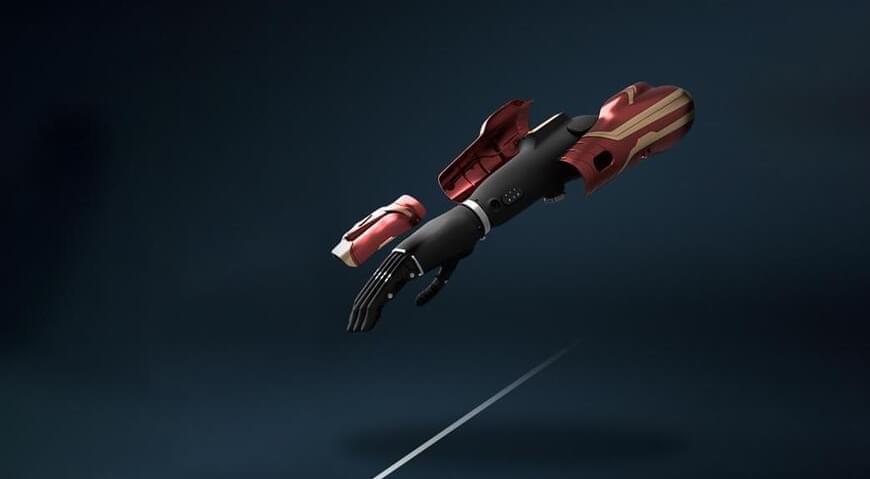Page 5056
Mar 18, 2022
AI suggested 40,000 new possible chemical weapons in just six hours
Posted by Krys Hyff in categories: biotech/medical, chemistry, military, robotics/AI
For me, the concern was just how easy it was to do. A lot of the things we used are out there for free. You can go and download a toxicity dataset from anywhere. If you have somebody who knows how to code in Python and has some machine learning capabilities, then in probably a good weekend of work, they could build something like this generative model driven by toxic datasets. So that was the thing that got us really thinking about putting this paper out there; it was such a low barrier of entry for this type of misuse.
AI could be just as effective in developing biochemical weapons as it is in identifying helpful new drugs, researchers warn.
Mar 18, 2022
This Diamond Transistor is Still Raw, But Its Future Looks Bright
Posted by Shubham Ghosh Roy in categories: computing, cosmology, quantum physics
Researchers in Japan have developed a diamond FET with high hole mobility.
In the 1970s, Stephen Hawking found that an isolated black hole would emit radiation but only when considered quantum mechanics. This is known as black hole evaporation because the black hole shrinks. However, this led to the black hole information paradox.
If the black hole evaporates entirely, physical information would permanently disappear in a black hole. However, this violates a core precept of quantum physics: the information cannot vanish from the Universe.
Continue reading “This Diamond Transistor is Still Raw, But Its Future Looks Bright” »
Mar 18, 2022
Stephen Hawking’s famous black hole paradox solved
Posted by Shubham Ghosh Roy in categories: cosmology, quantum physics
If the black hole evaporates entirely, physical information would permanently disappear in a black hole. However, this violates a core precept of quantum physics: the information cannot vanish from the Universe.
A new study by an international quartet of physicists suggests that black holes are more complex than originally understood. They have a gravitational field that, at the quantum level, encodes information about how they were formed.
The research team includes Professor Xavier Calmet from the University of Sussex School of Mathematical and Physical Sciences, Professor Roberto Casadio (INFN, University of Bologna), Professor Stephen Hsu (Michigan State University), along with Ph.D. student Folkert Kuipers (University of Sussex). Their study significantly improves understanding of black holes and resolves a problem that has confounded scientists for nearly half a century; the black hole information paradox.
Mar 18, 2022
NASA Wants Technology to Allow Us to Breathe on Mars
Posted by Len Rosen in categories: robotics/AI, space
NASA is providing seed money to researchers to develop a number of innovative technologies. One is portable oxygen generation to allow future Mars explorers to breathe without carrying a bulky air supply.
It is one of 17 NASA Space Technology Mission Directorate projects being funded to develop new breakthroughs for both humans and robots.
Mar 18, 2022
Decoding brain signals to control a robotic arm
Posted by Chima Wisdom in category: robotics/AI
Researchers have developed a mind-reading system for decoding neural signals from the brain during arm movement. The method, described in the journal Applied Soft Computing, can be used by a person to control a robotic arm through a brain-machine interface (BMI).
A BMI is a device that translates nerve signals into commands to control a machine, such as a computer or a robotic limb. There are two main techniques for monitoring neural signals in BMIs: electroencephalography (EEG) and electrocorticography (ECoG).
The EEG exhibits signals from electrodes on the surface of the scalp and is widely employed because it is non-invasive, relatively cheap, safe and easy to use. However, the EEG has low spatial resolution and detects irrelevant neural signals, which makes it difficult to interpret the intentions of individuals from the EEG.
Mar 18, 2022
Indian Startup Creates a Bionic Arm That’s 90% Cheaper
Posted by Omuterema Akhahenda in categories: biotech/medical, cyborgs, transhumanism
An advanced bionic arm can be life-changing for a person with an upper limb amputation. But in India, with a population of nearly 1.4 billion and average income of just $2,000 a year, advanced prosthetics are financially out of reach for many amputees.
So the Indian startup Makers Hive developed one that’s not only 90% cheaper, but also more functional.
Advanced prosthetics: A bionic arm contains sensors that press against the skin of the wearer’s residual limb to detect electrical signals from their nerves.
Continue reading “Indian Startup Creates a Bionic Arm That’s 90% Cheaper” »
Mar 18, 2022
Fusion X Marine starts production on its first mini speedboat
Posted by Shubham Ghosh Roy in category: futurism
The design of a smaller powerboat appeals to Jet Ski enthusiasts as well as first-time boat owners.
Mar 18, 2022
T.Werk takes steel on a flat solar roof instead of aluminium
Posted by Shubham Ghosh Roy in category: solar power
The commercial roof segment is driving the market in photovoltaics. Since millions of euros are often at stake, the expectations in durability and quality are particularly high. May be steel is a better choice than aluminium.
Mar 18, 2022
This dangerous Android malware can steal money from your bank account
Posted by Shubham Ghosh Roy in categories: cybercrime/malcode, economics, finance, robotics/AI

The ‘Escobar’ malware has so far targeted customers from 190 financial institutions across 18 different countries. Specific details related to the country and institutions have not been revealed.

















